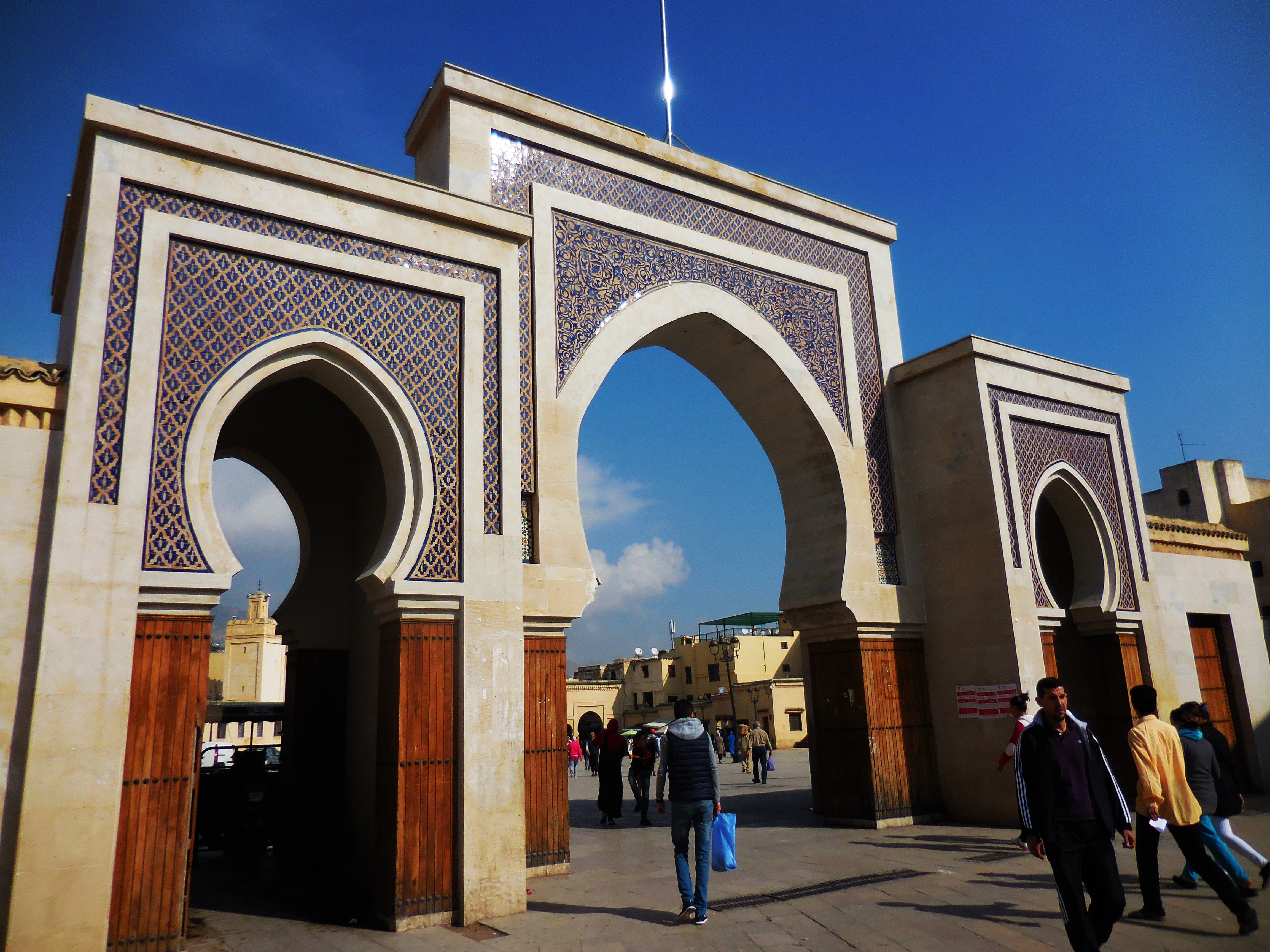This has been on my computer for a long while now, but as my views have not changed in the past few months, there’s no time like the present to publish.
I said in one of my first posts that I hadn’t gotten much in the way of gendered street harassment because I’m Chinese.
This changed the Wednesday I wore a djellaba, which is a unisex Moroccan dress. (My host mother had lent to me, because I ran out of clothes) After a few conversations with other women (and men) I have four main observations/opinions:
First, “it’s the culture” is not an excuse. We had a session about street harassment the second day of the program, and a few of the other American women were talking about how, yes, it’s different than home and somewhat bothersome, but “it’s the culture” so we can’t judge it. These comments were discouraging to me, other women on the program, and the (Moroccan) program director—she then talked to us about how much it bothers/demeans women here who have to deal with it their whole lives. Using the patriarchal culture as an excuse for this sort of behaviour ignores the experiences of women who are as much “in/of the culture” as the men.* More importantly, some things are universally wrong—I think we can all agree cultural moral relativism is an extremely dangerous position to take (if you need examples, see child marriage, ethnically motivated genocide). If you ask me, “things that are morally wrong” includes seeing women as pieces of meat and not humans.
(Long footnote which is too important to footnote: If you’re a man and don’t already know why street comments make me/other women feel unsafe, it’s because if someone (much larger and stronger than me) feels entitled to comment on/to my body with no regard to my personhood, then why should I assume that they won’t use their position of power to sexually, or otherwise, assault me the non-person? And assault on the street is—worldwide— a terrible reality: I recently received a Harvard email informing/warning me that there have been multiple incidences of physical harassment of women in Cambridge in the past few weeks. I know not all men who catcall me would assault me, but they’re morons for not thinking about the implications of what they’re doing. This isn’t even to mention the psychological toll of being effectively told you’re worthless except as a sex object. Imagine if this happens to you, beginning when you’re 12 or even younger, and continues every day of your life.)
Second, it’s disheartening to see how as women, even from the US, we’ve in some ways already been socially conditioned to this. The best example I can think of is the difference between the reactions of the Asian(-American) men and me on this program to the racial street comments. The Asian men have gotten extremely bothered by the racial comments—they’re not used to people ever making comments about them as they walk down the street. I, on the other hand, am used to feeling unsafe/getting occasional comments when walking around Cambridge by myself at night. When I get racial street comments here, I’m happy, because I know I’m safe— the men on the street are only seeing my race, not seeing me as a woman-object.**
Third, street harassment is not the woman’s fault. Whatever a woman wears, idiots are going to find something to comment on. (Yes, though, wearing culturally appropriate clothes is a good idea; this does fall under respecting culture—of both women and men). I wish the above was a well-established enough fact that I didn’t have to provide a real-life example, but it isn’t, so here goes. When I’m out on the street in Western clothes (including short-sleeved blouses, skinny jeans etc), I by far receive more “China!” and “Konichiwa!” comments than anything gendered, and usually I don’t get bothered at all. However, the day I wore the djellaba, I was consistently street harassed and followed.
Fourth, it’s not going to be me/Westerners in general who changes this in Morocco, but we can effect change in our own societies. While culture is not an excuse, it is important—the true power to change the street in Morocco resides with Moroccan women (and men who refuse to street harass), not with random foreigners who are only here for a few months. But when I go back to the US, I know that as a woman I’ll face the same things on a smaller scale. I still haven’t figured out what the best approach is for me but I’ve heard stories about women going up to the men who street harass them and introducing themselves as a person, and then telling them why it’s disrespectful to street harass. What the less brave among us can do is to make sure that boys and young men know this isn’t okay, and why—not primarily because women are “someone’s daughter or sister or wife”, but because we’re human, and treating us as anything less is an affront to our dignity.
* A relevant story: As I turned to enter the door of the university center at about 3:30 PM that Wednesday, two young men appeared out of nowhere and, when they saw me, began to walk faster towards me and yell things. I frantically pressed the doorbell about 10 times, and when I walked in the (Moroccan, again) receptionist asked if I was okay. I said I was, but she pressed me, having seen the incident on the security camera. “You were frightened,” she said. “I was,” I answered, “does this sort of thing happen often outside the center?” She told me no, “but when the street is empty we all feel frightened.”
**This said, I only feel this way about racial comments because I’m Asian and there aren’t a whole lot of racist stereotypes about Asians here—we’re an exciting oddity more than anything else. People don’t assault people just for being Asian. If I was African (-American) I imagine I would feel differently about racial comments.

